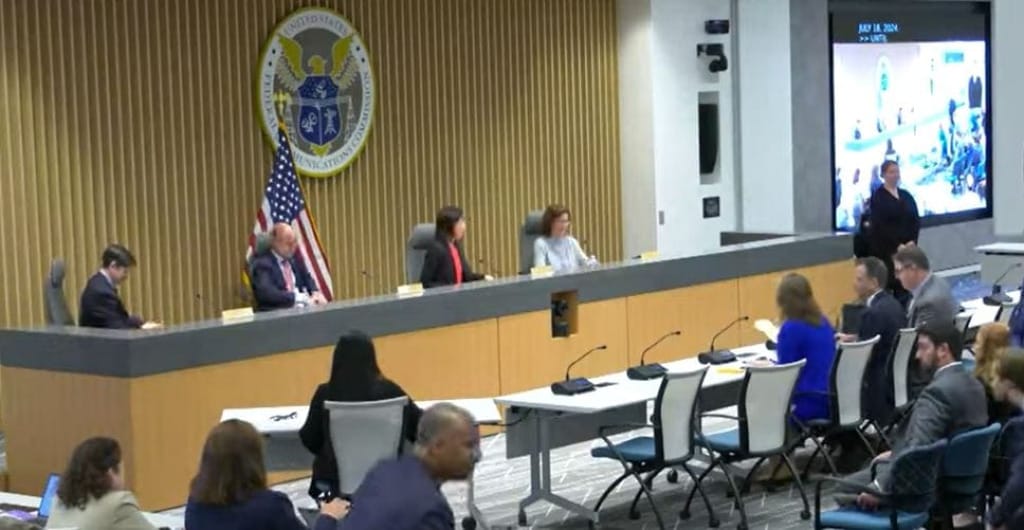Infrastructure
At issue is the FCC’s reliance on Weiss ratings to evaluate the safety and soundness of banks that have issued letters of credit to ISPs.


WASHINGTON, June 9, 2024 – Federal regulators are planning to review financial policies that could be hindering the rollout of broadband in rural America. At the same time, regulators want to be sure that a different approach will not expose taxpayers to losses.
The Federal Communications Commission voted unanimously last Thursday to consider new rules sought by financial institutions and broadband Internet Service Providers that claimed current policy is frustrating the effort to close the digital divide.
At a public meeting, FCC Chairwoman Jessica Rosenworcel noted that because current policy can “sometimes slow deployment and operations,” the agency needed to take “a fresh look” to see if a course correction were needed.
One concern with current FCC policy was that ISPs that fell out of compliance through no fault of their own could get cut off from billions in federal funding awarded by the FCC in broadband deployment support auctions in 2018 and 2020.
At issue is the FCC’s reliance on Weiss ratings to evaluate the safety and soundness of banks that have issued letters of credit to ISPs that have received federal broadband deployment grants. The ISPs must pay back the grants, with penalties, if they default. The FCC can tap LOCs if ISPs can’t or won’t pay.
Weiss ratings are changed periodically, creating a major inconvenience for ISPs. For instance, ISPs connected to banks with a Weiss rating below B minus must obtain a new LOC from a bank with at least a B-minus Weiss rating.
But that is getting harder to do because almost half of the 3,600 banks with a B minus or better rating in 2022 have dipped below that level since then, causing ISPs to scramble to locate a new LOC bank issuer as required by the FCC.
“We are taking a fresh look at our letter of credit requirements. Our goal is to make sure that we have right sized these letters and our rules for the current environment, so we can both protect our universal service programs and support broadband deployment for everyone, everywhere,” Rosenworcel, a Democrat, said in her statement.
The FCC is also considering lowering the amount held in an LOC as ISPs hit their buildout targets, a step that would free up funds for broadband deployment.
Republican FCC Commissioner Brendan Carr said the FCC’s intent was to achieve two objectives.
“We always have to balance making sure that participants in our programs will follow through and we have some protection in place in case they don’t with making sure those protections themselves don’t become so burdensome that we undermine the goal of the program,” Carr said.
At the meeting, the FCC adopted a Notice of Proposed Rulemaking, the first step toward adoption of final rules in a process that will includes a public comment period beforehand.
New rules with bipartisan backing appear to be on the horizon. In March, the FCC’s Wireline Competition Bureau notified ISPs that for the next year they could keep their LOC with a bank that had lost its B minus Weiss rating. Prior to that, the bureau granted waivers to individual ISPs, including Consolidated Communications, had a Weiss rating problem.
The FCC’s intervention was sought by ISPs because a deficient Weiss rating would cut them off from access to Universal Service Fund broadband deployment money obtained in the Connect America Fund Phase II and Rural Digital Opportunity Fund auctions.
The FCC’s NPRM did not suggest elimination of the loss-of-funds rule was afoot.
“This [NPRM] protects public universal service funds in the event a provider receiving funds to expand broadband in rural areas defaults on its obligations,” Rosenworcel said.


